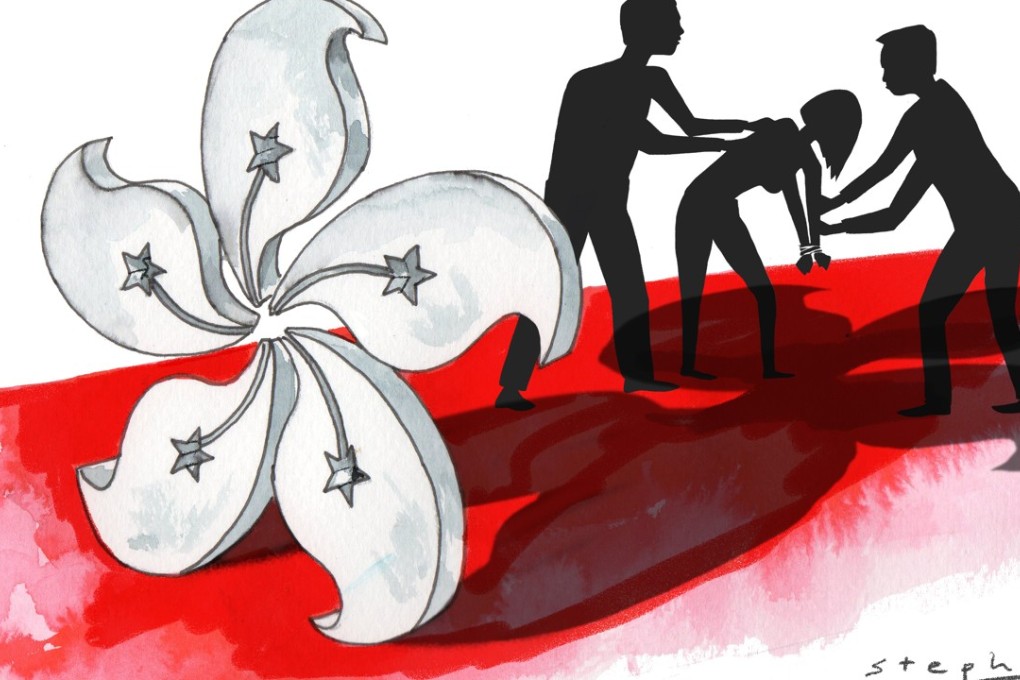Opinion | Why Hong Kong’s reputation as a human trafficking black spot is justified
David Bishop says the government’s refusal to acknowledge the problem does not change the fact that it devotes far fewer resources to tackling the scourge than even NGOs, and consequently lags behind other jurisdictions in enforcement

Noticeably absent from the event were any Hong Kong government bureaucrats in charge of the agencies tasked with fighting trafficking and slavery. Thus, for many, the summit has essentially turned into an annual reminder of how little the government knows or cares about modern slavery, trafficking and their related crimes.
Human trafficking, forced and bonded labour, and even slavery, are increasingly serious problems in Hong Kong. The administration of Carrie Lam Cheng Yuet-ngor often complains about the negative sentiment heaped on Hong Kong in relation to these issues. Indeed, the world’s top experts – whether in academia, civil society, government or, most recently, commercial enterprises like banks – consistently call out Hong Kong for its increasing role in trafficking and slavery-related crimes, identifying the city as both a destination and source for human trafficking.
Watch: A young Nigerian’s life after slavery in Libya
By keeping Hong Kong firmly rooted on the watch list – the second lowest designation possible – the report identifies Hong Kong as a jurisdiction where “trafficking is very significant or is significantly increasing” and where there is no evidence of increasing efforts by the government to combat trafficking. The report states that Hong Kong does not even meet the minimum standards for combating trafficking.
